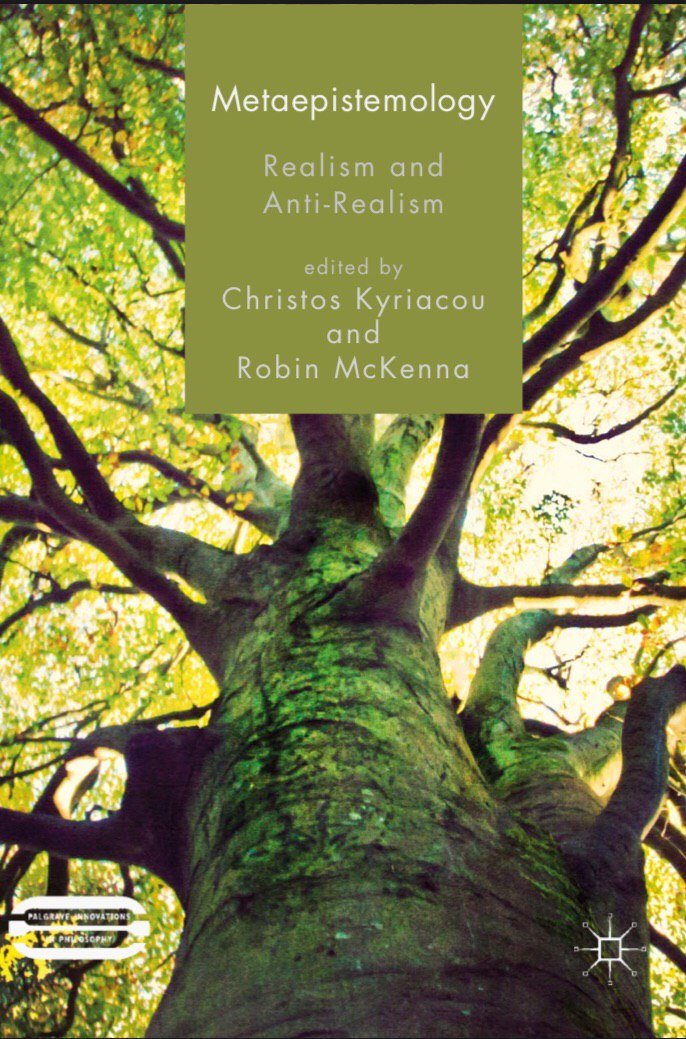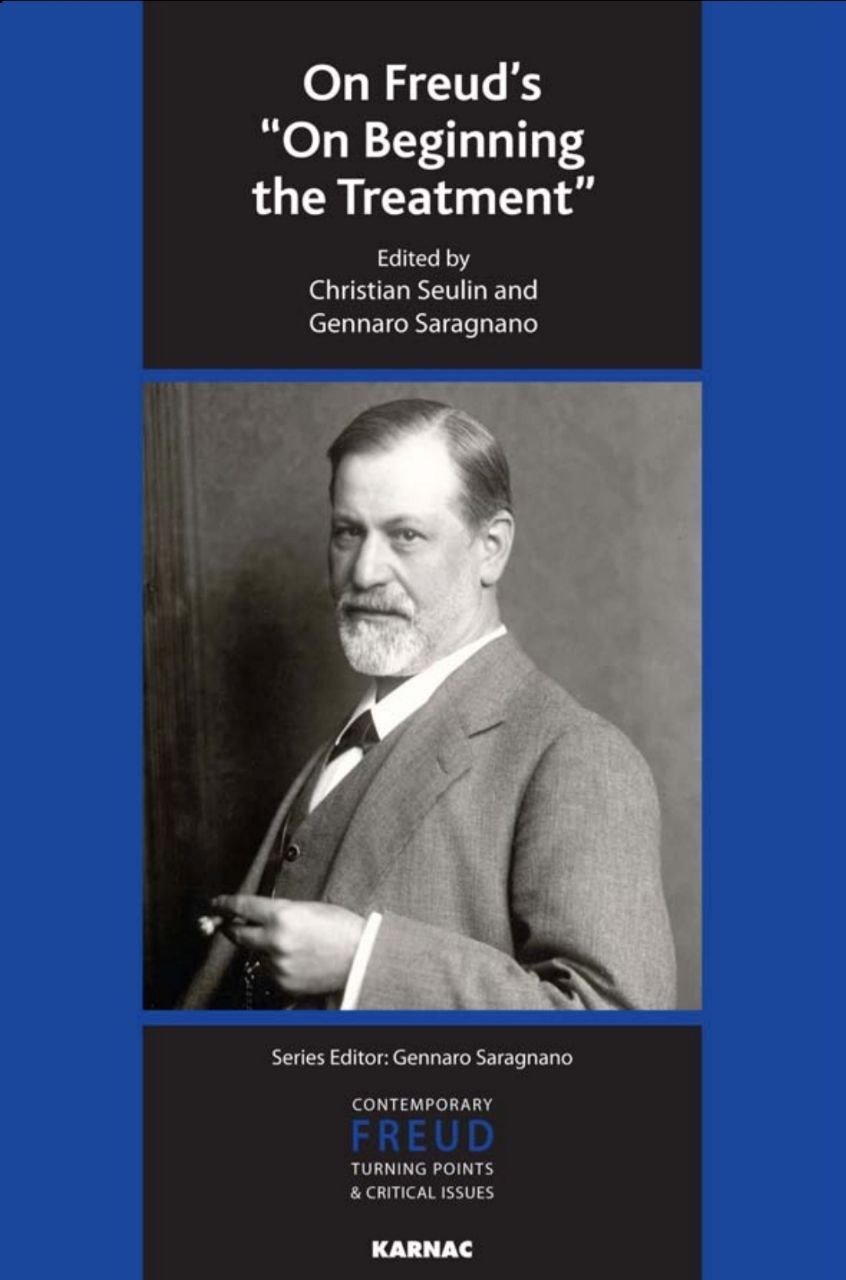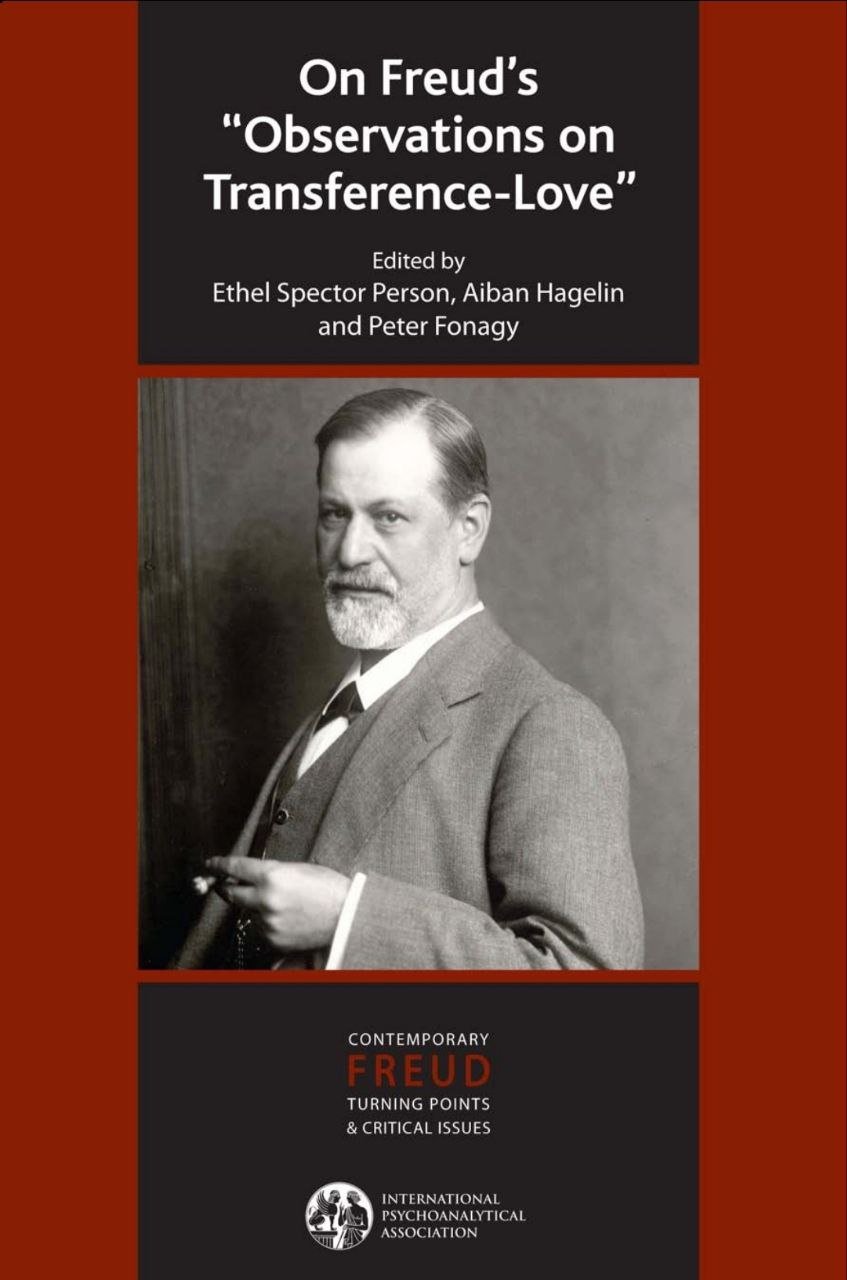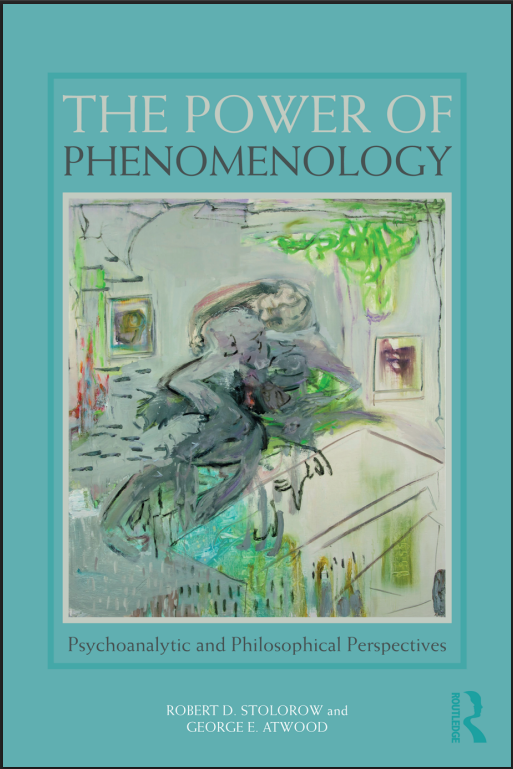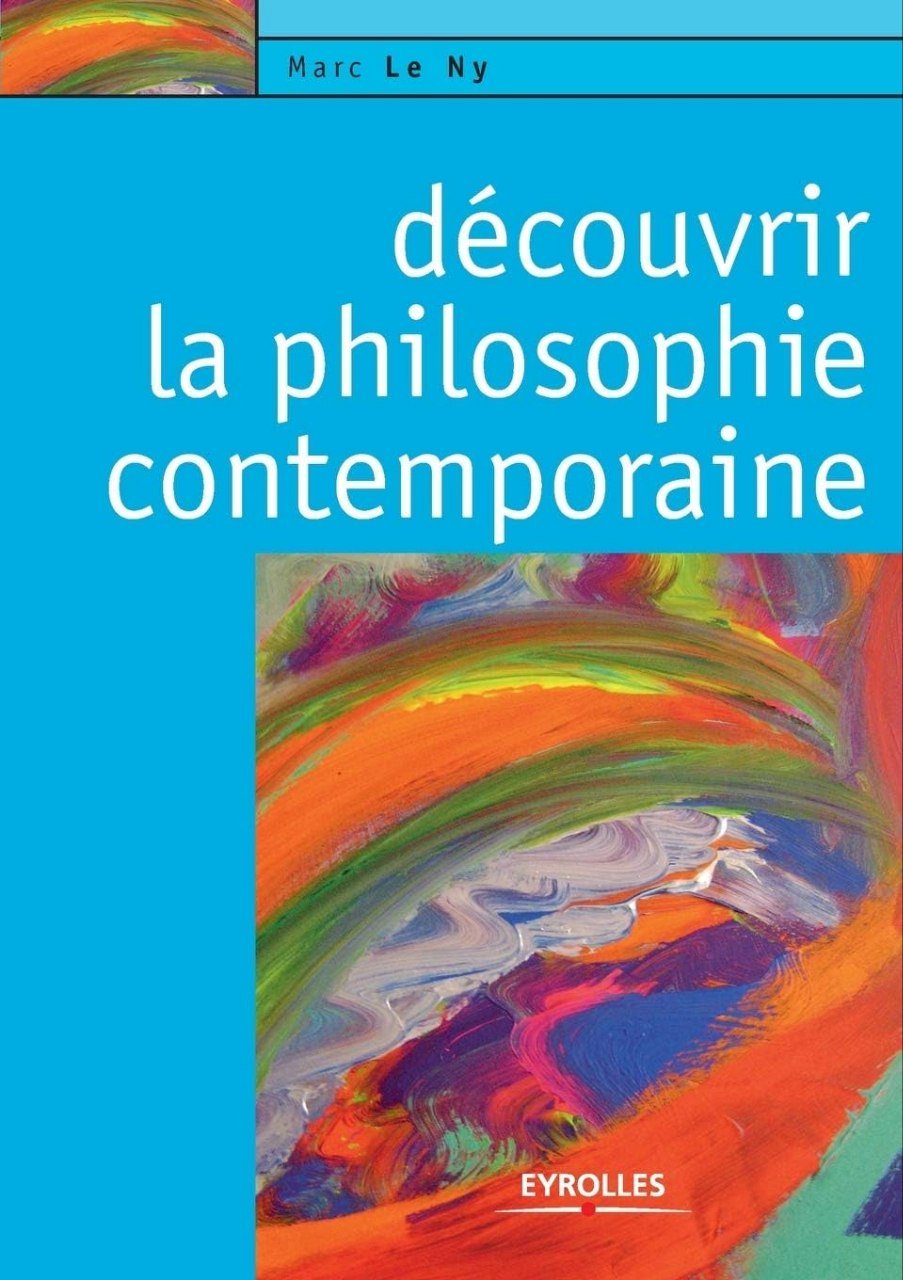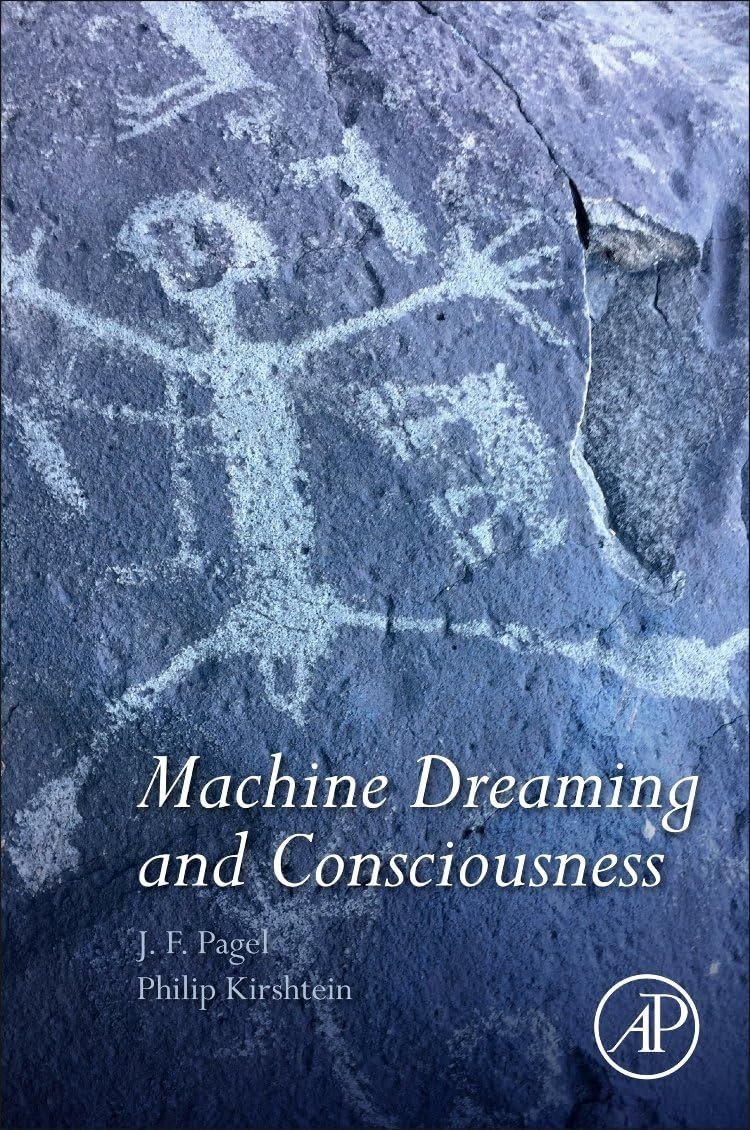

Philosophy of Biology by Peter Godfrey-Smith
Reviews
No review yet. Be the first to review this book!
Description
Philosophy of Biology by Peter Godfrey-Smith is a clear, engaging, and thought-provoking introduction to the major philosophical questions raised by the biological sciences. Written by one of the most respected voices in the field, the book is both accessible to newcomers and rich enough for advanced readers. Godfrey-Smith uses his deep understanding of both biology and philosophy to explore how life, evolution, and organisms can be understood not only scientifically but conceptually and philosophically. At the heart of the book is the question: What does it mean to be a living organism? Godfrey-Smith explores this through the lens of evolution by natural selection, beginning with Darwin’s foundational ideas. He lays out the logic of natural selection—variation, inheritance, and differential survival—and discusses how this process gives rise to complex traits without the need for intelligent design. He also tackles challenges to Darwinism, including debates about the units of selection (are genes, individuals, or groups the primary targets of selection?) and the role of adaptationism, questioning whether every trait has an adaptive purpose. The book also dives into developmental biology, genetics, and molecular biology, where Godfrey-Smith examines how genes influence development and how the gene-centric view of evolution has shaped scientific thought. He offers a critical yet balanced look at Richard Dawkins’ idea of the "selfish gene," explaining its appeal while also acknowledging its limitations. Another major theme is the concept of individuality and organisms. What counts as a biological individual? Are colonies of ants one organism or many? Godfrey-Smith navigates these deep questions with clarity, showing how biology often blurs boundaries we take for granted. The author is particularly strong in discussing biological information—how the concept of "information" is used metaphorically and literally in biology, especially in genetic coding. He asks whether DNA really "contains" instructions, and what kind of language, if any, biology speaks. Later chapters explore evolutionary psychology, cultural evolution, and the origin of life, tying together scientific theory with broader philosophical implications. Godfrey-Smith also examines the role of philosophy in science, emphasizing how philosophical analysis can clarify scientific concepts and resolve confusion, especially in interdisciplinary fields like biology. Throughout the book, the writing is thoughtful, often humorous, and always grounded in real biological examples—from Darwin’s finches to RNA molecules to the behavior of slime molds. Godfrey-Smith is especially known for making complex ideas intuitive and relatable, often using simple analogies to explain technical points. In summary, Philosophy of Biology by Peter Godfrey-Smith is an outstanding introduction to the field. It successfully shows how philosophy and biology enrich one another, providing insights into what life is, how it evolves, and how we can understand it scientifically and meaningfully. The book is ideal for students of biology, philosophy, and anyone curious about the deeper questions behind the science of life.




























.jpeg)






.jpeg)







.jpeg)





.jpg)
.png)

.jpg)



.jpg)


.jpg)






.jpg)
.jpg)







.jpeg)
.jpg)






.jpeg)





.jpg)


